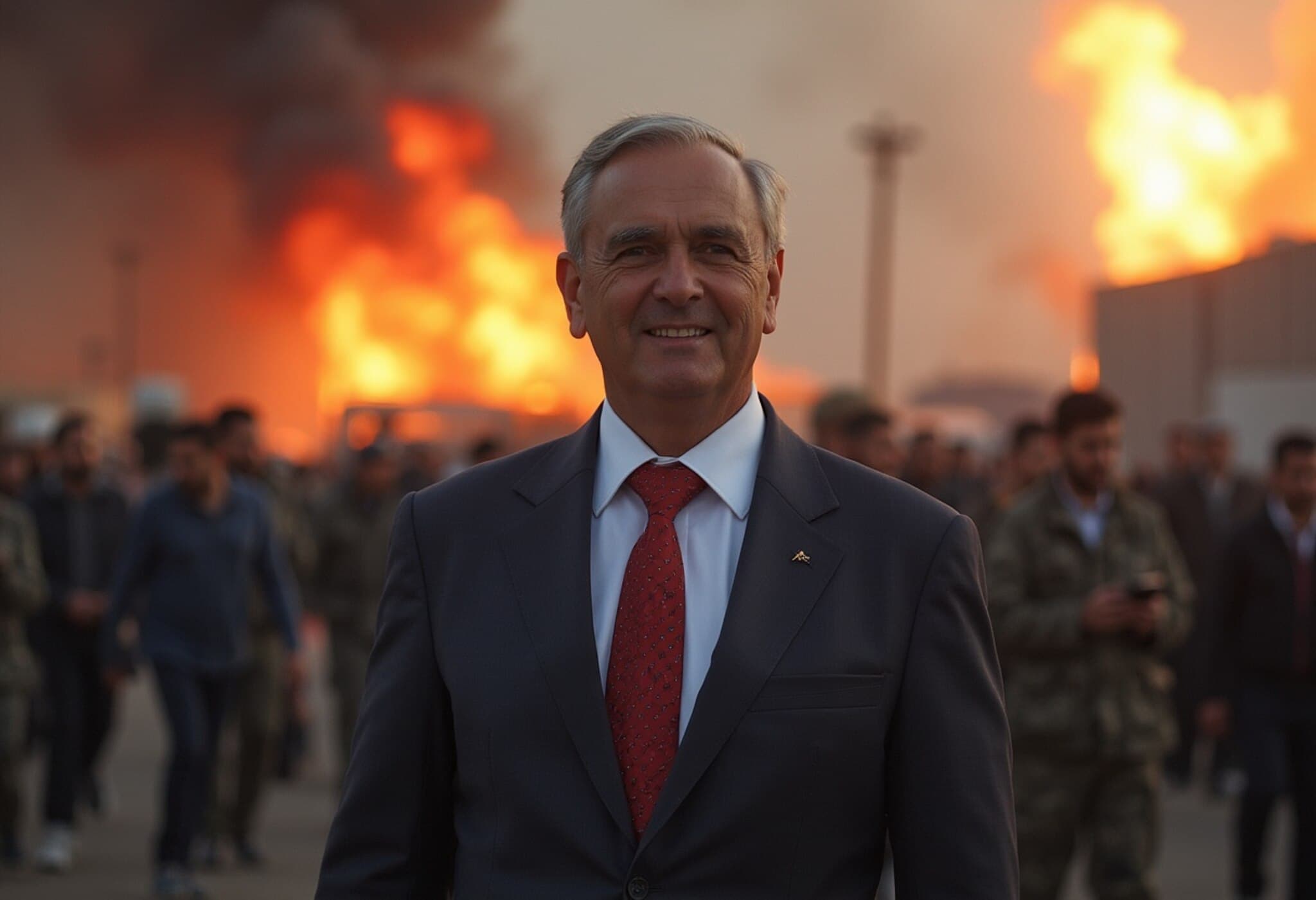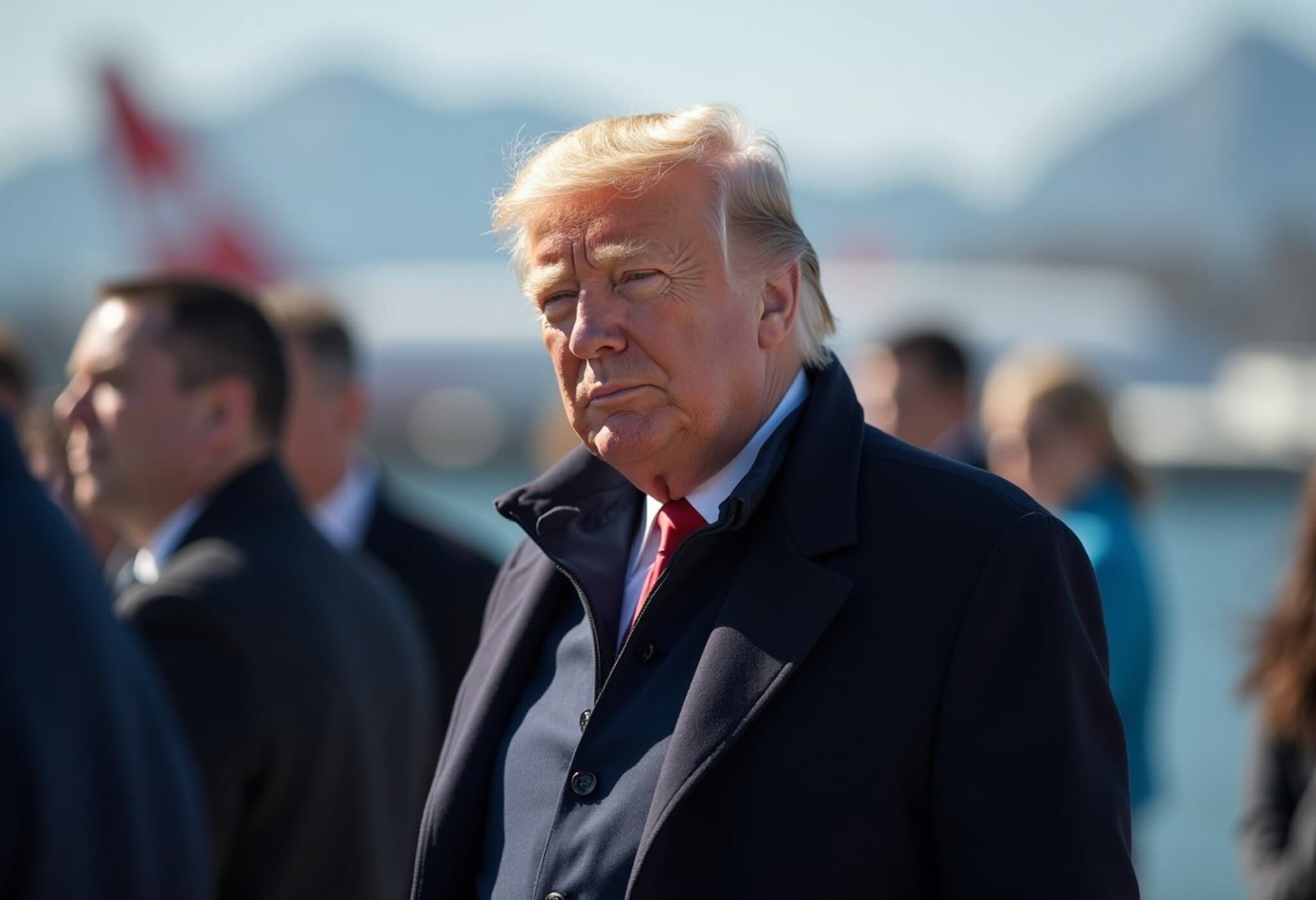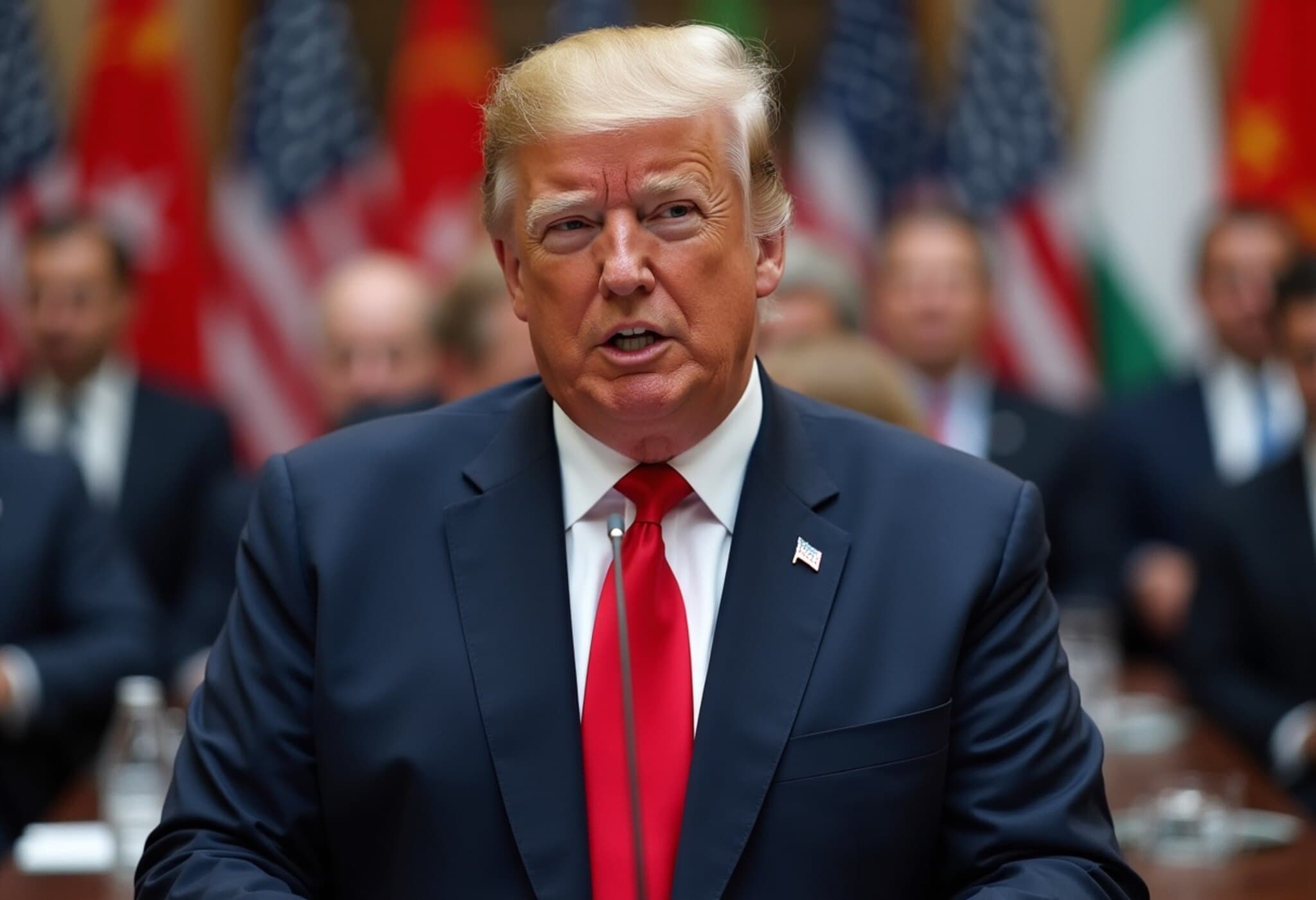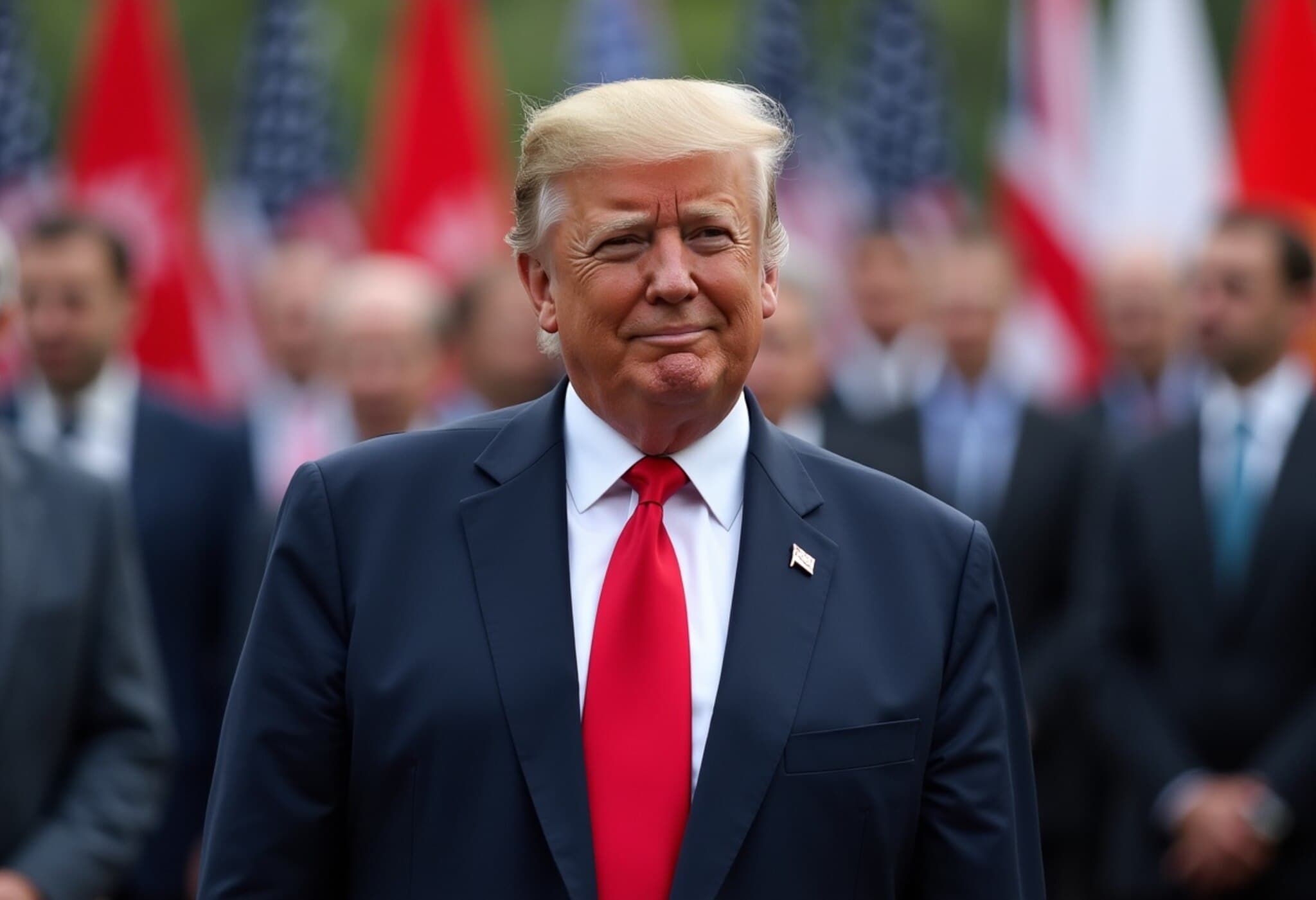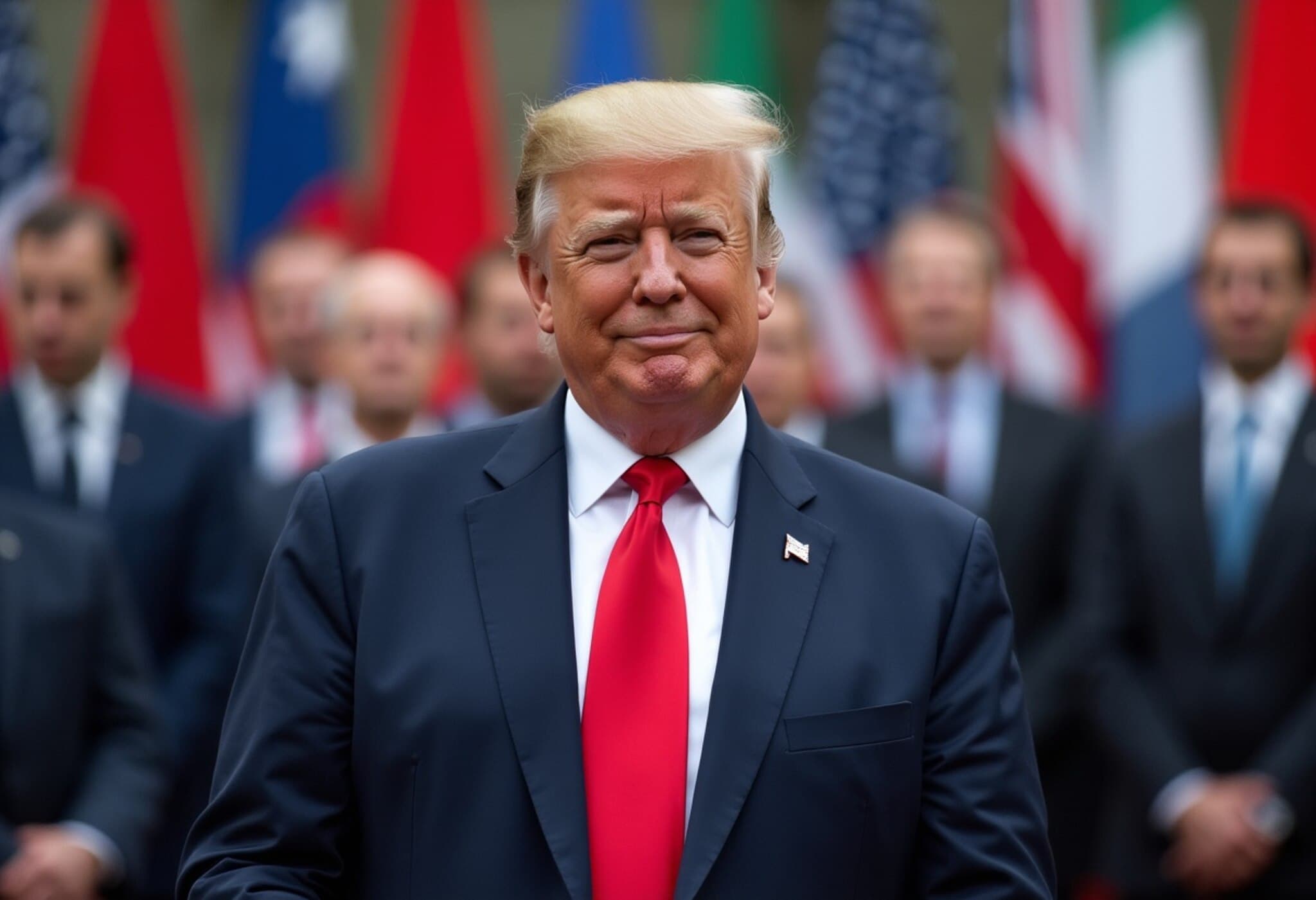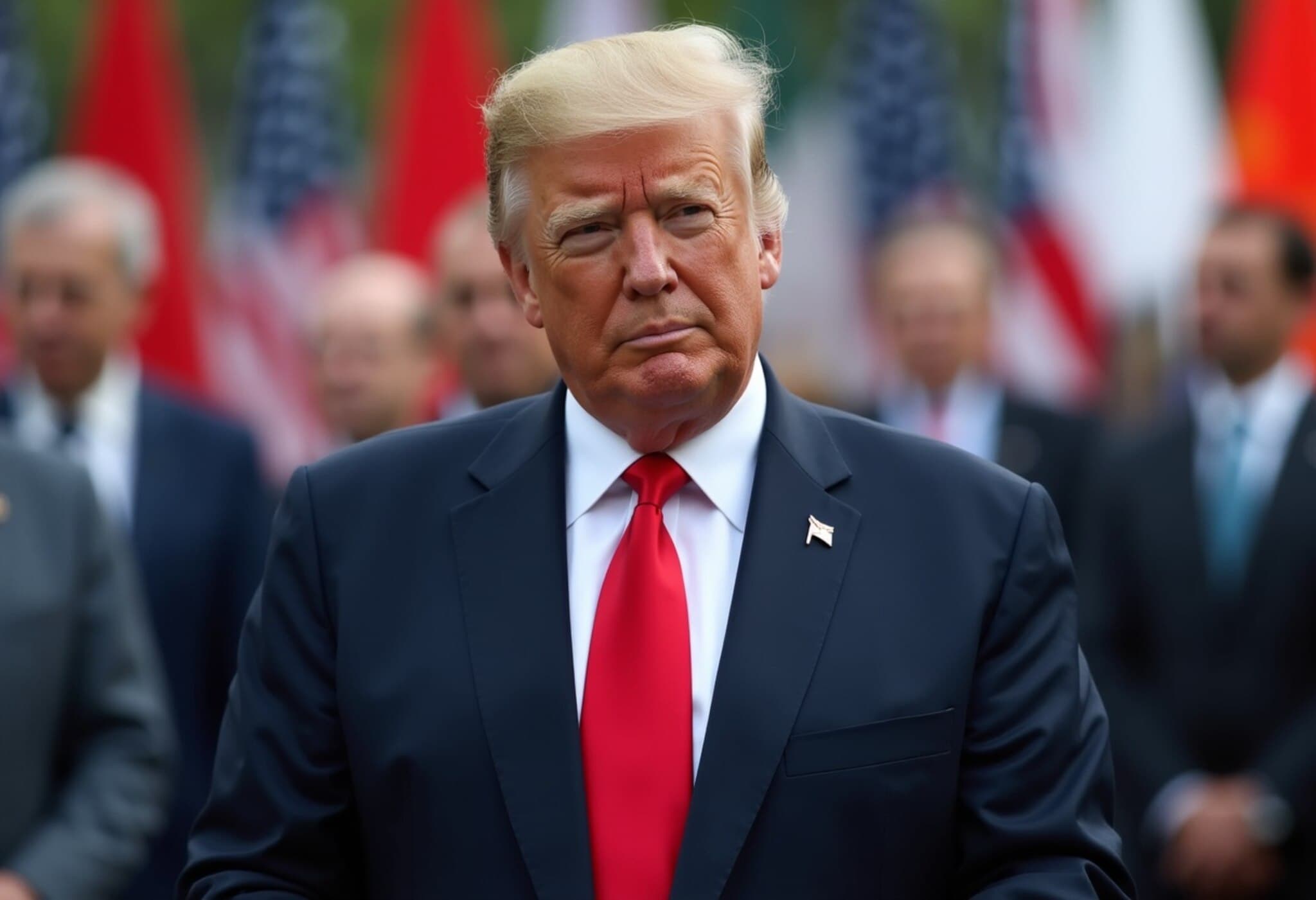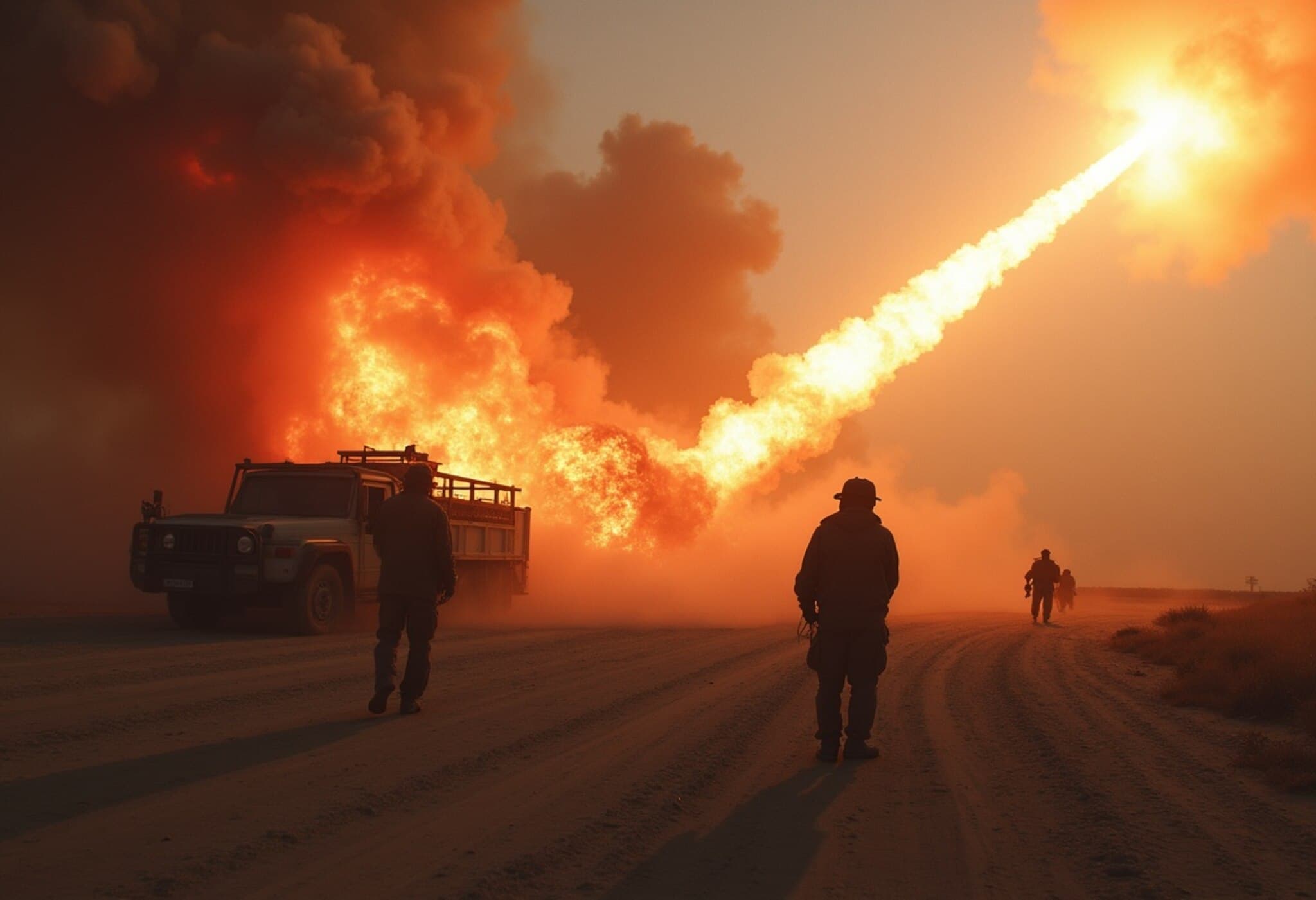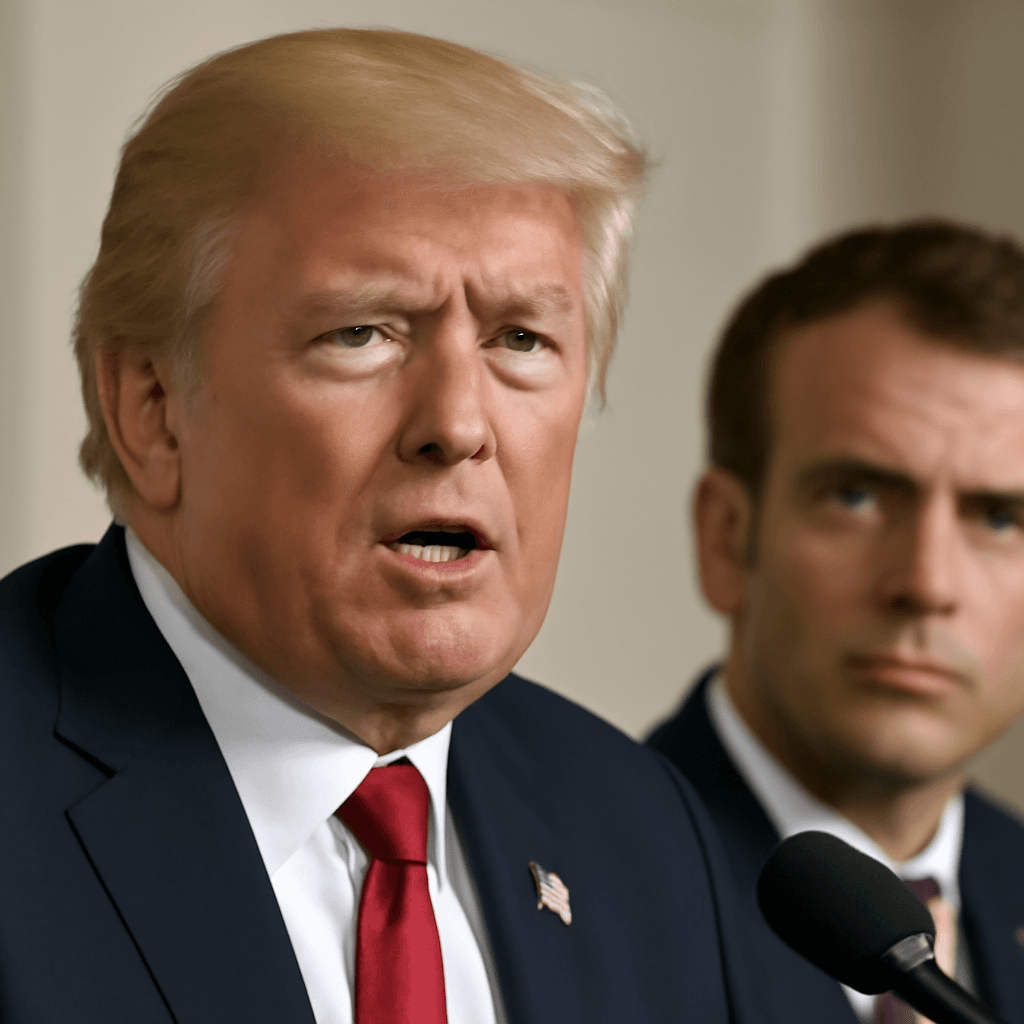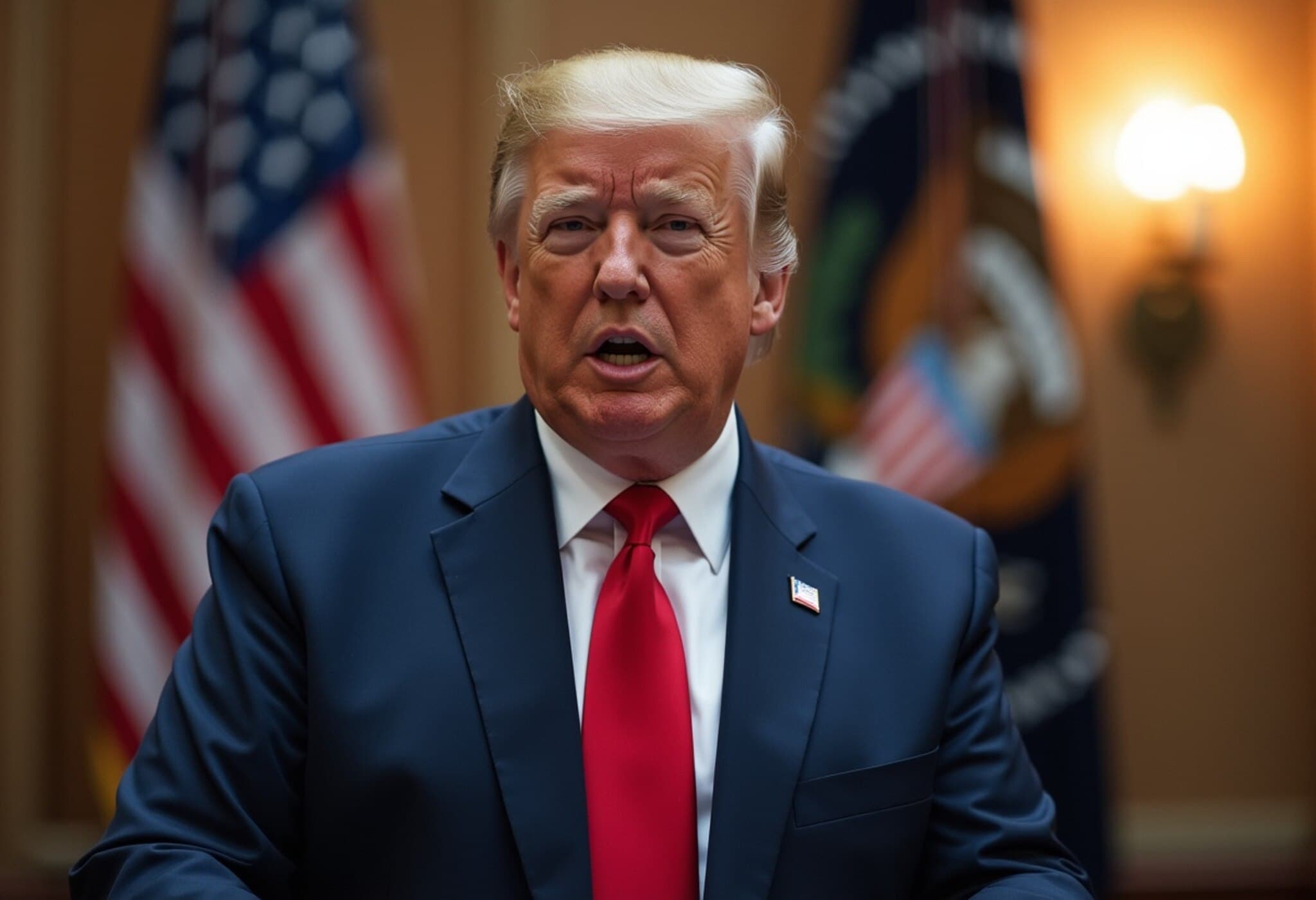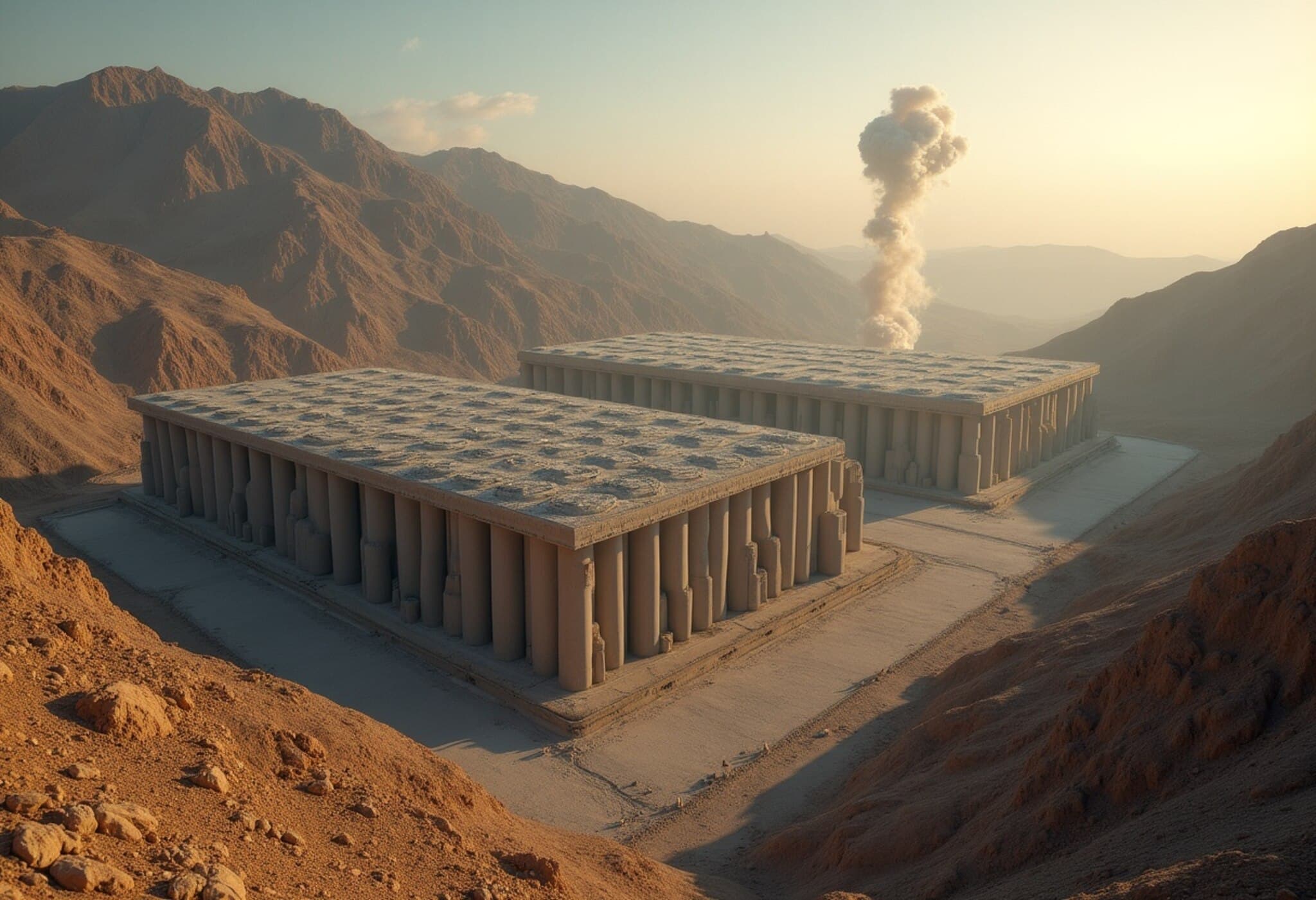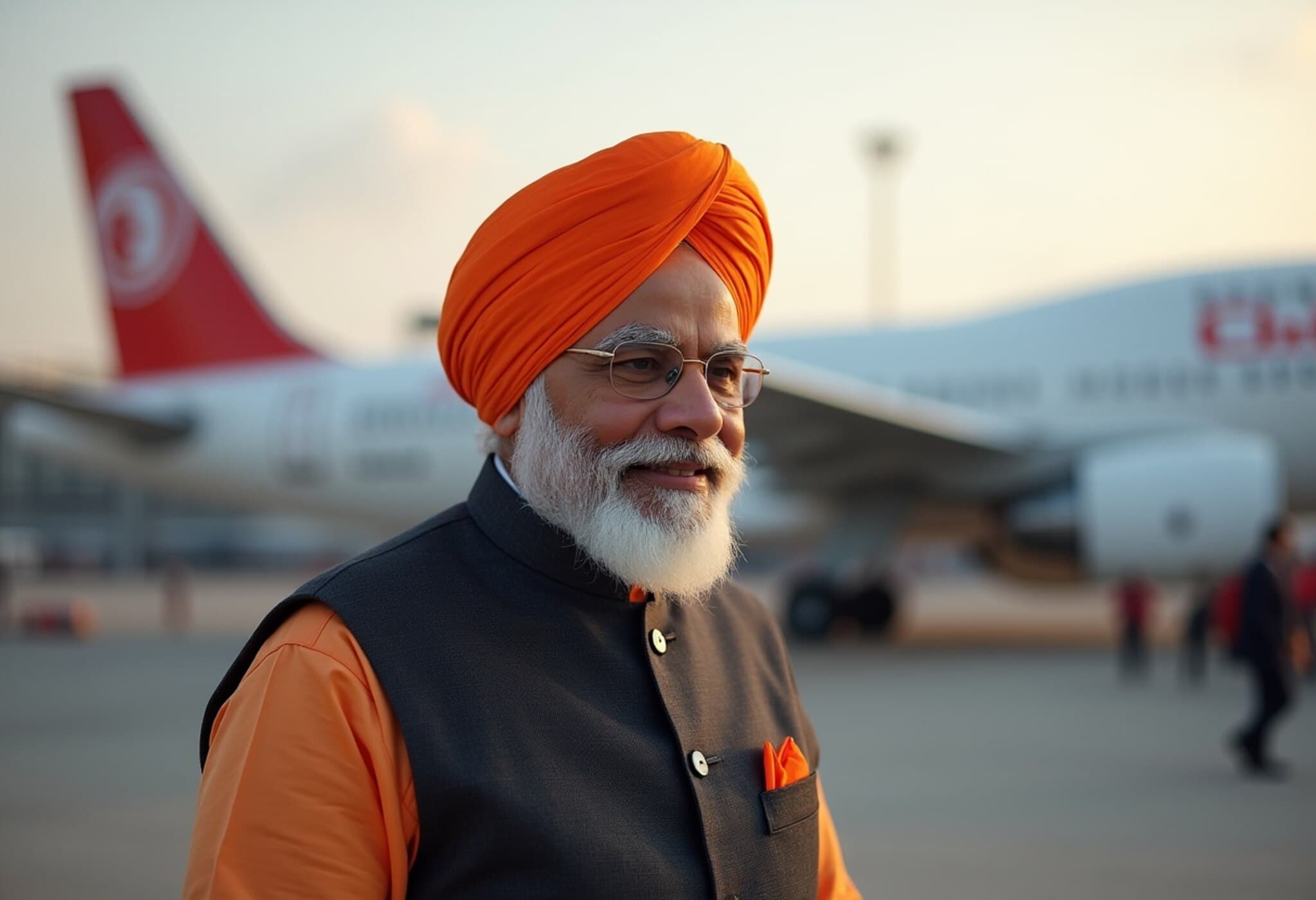G7 Affirms Support for Israel Amid Heightened Middle East Tensions
The Group of Seven (G7) nations have publicly voiced their steadfast support for Israel’s right to defend itself amid escalating conflicts in the Middle East. In a statement released Monday, the G7 leaders highlighted Israel's security concerns while critically identifying Iran as a key driver of regional instability and terror.
Escalating Airstrikes Between Israel and Iran
The recent surge in hostilities began last Friday when Israel launched preemptive airstrikes targeting Iranian sites, aiming to curb Tehran's potential nuclear development efforts. This move triggered an intense exchange of air attacks between the two adversaries, intensifying an already volatile environment following Israel’s military operations in Gaza that started in October 2023.
The ongoing clashes have resulted in significant casualties. Iranian officials report over 220 deaths, mostly civilians, due to Israeli strikes, while Israel confirmed 24 civilian fatalities induced by Iranian retaliation.
G7’s Strong Statement Against Iran’s Nuclear Ambitions
In their declaration, the G7 unequivocally stated, "Iran is the principal source of regional instability and terror." The leaders also reinforced the global stance against Iran acquiring nuclear weapons, emphasizing that it should never obtain such capabilities.
Iran denies any intention to weaponize its nuclear program, asserting its right to pursue peaceful nuclear technology under the Nuclear Non-Proliferation Treaty (NPT), to which it is a signatory. In contrast, Israel, not a party to the NPT, is widely believed to possess nuclear weapons but maintains neither confirmation nor denial.
US Position and Diplomatic Moves Amid Conflict
The United States has positioned itself carefully within this volatile scenario. While denying direct involvement in Israel’s strikes on Iranian targets, the US acknowledged prior knowledge of Israel's operations, with former President Donald Trump describing them as "excellent". Simultaneously, Washington has issued stern warnings to Tehran against attacking American interests or personnel in the region.
President Trump cut short his participation at the G7 summit in Canada, returning to Washington to focus on the escalating Middle East crisis. Meanwhile, US Secretary of State Marco Rubio engaged in diplomatic conversations with British, French, and European Union counterparts to discuss the burgeoning Israel-Iran conflict.
Calls for De-escalation and Stability Measures
Despite the intensity of the conflict, the G7 urged a path toward broader de-escalation throughout the Middle East. Their statement included a direct appeal for a ceasefire in Gaza, reflecting the wider concern for civilian safety and regional stability.
Additionally, the G7 nations expressed readiness to coordinate efforts to preserve stability in global energy markets, which are closely tied to security developments in the region.
Recent Developments and Warnings
Amid ongoing operations, an Israeli strike targeted Iran's state broadcasting network on Monday, further raising tensions. In response to the unfolding crisis, Donald Trump called for the immediate evacuation of Tehran, signaling rising alarms over potential escalation.
Looking Ahead
The Middle East stands at a critical juncture as international powers closely monitor the conflict between Israel and Iran. While military actions continue, diplomatic channels remain active to prevent wider regional destabilization and to push toward peaceful resolution.

